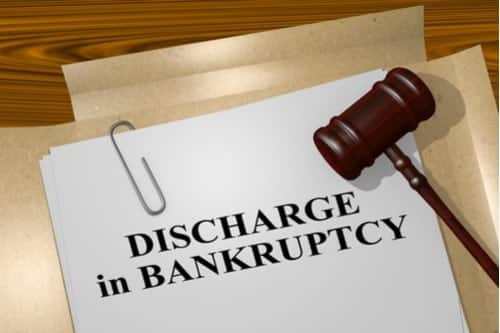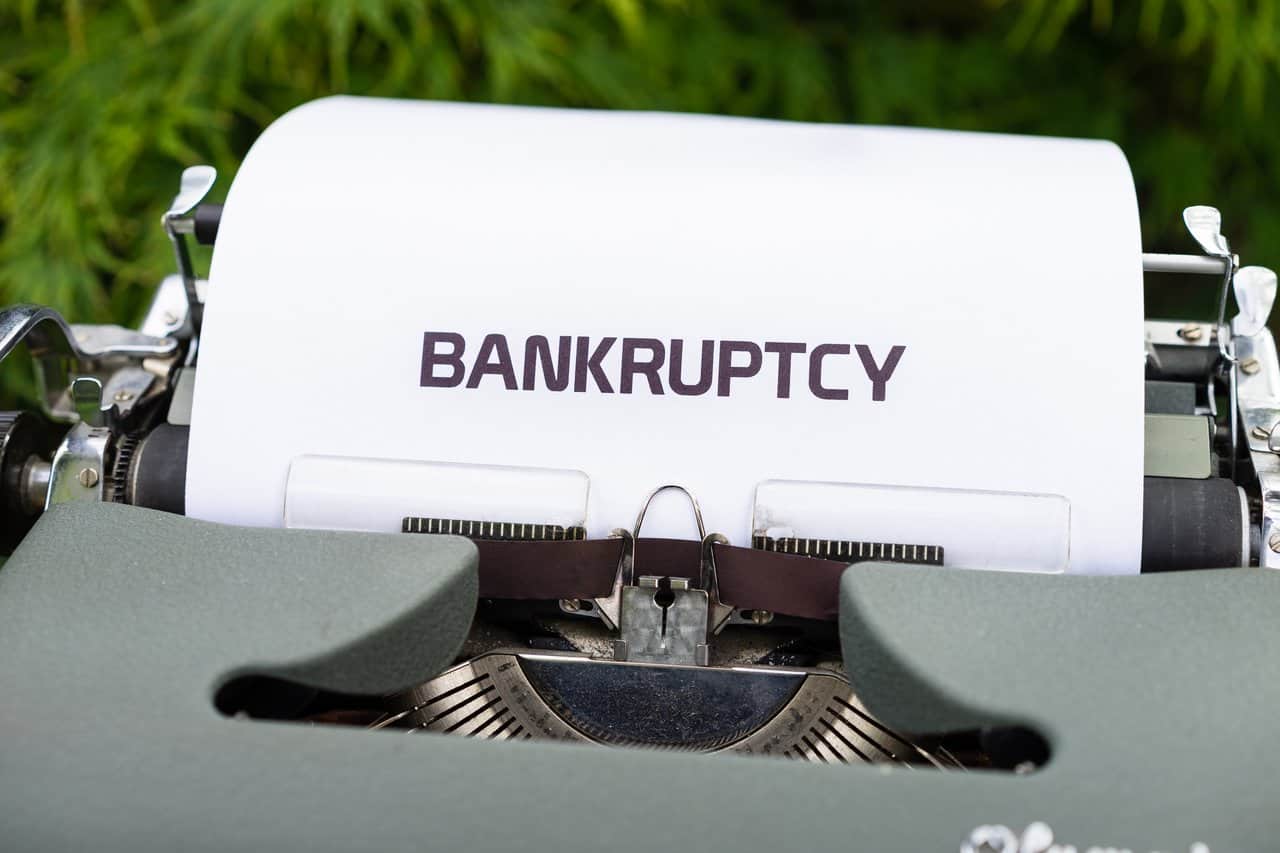In a successful Chapter 7 bankruptcy case, many unsecured debts are discharged. Because “bankruptcy discharge” is a legal term unfamiliar to many people, we tend to talk about the discharge in plain languages, such as “eliminate debts” or “wipe out unsecured debt.” While those plain-English terms provide a general understanding of what happens to unsecured debt in Chapter 7 bankruptcy, they only tell part of the story.
The Bankruptcy Discharge is a Court Order
The discharge order releases the bankruptcy petitioner from personal liability for discharged debts, meaning that he or she is no longer legally obligated to pay them. But the discharge order contains other important provisions, including a prohibition on creditors attempting to collect the discharged debt.
Not every debt is dischargeable in bankruptcy, and liens generally remain enforceable after a Chapter 7 discharge. However, creditors are legally prohibited from pursuing the discharged debt.
The U.S. Bankruptcy Court’s bankruptcy discharge form includes this explanation:
Creditors cannot collect discharged debts
This order means that no one may make any attempt to collect a discharged debt from the debtors personally. For example, creditors cannot sue, garnish wages, assert a deficiency, or otherwise try to collect from the debtors personally on discharged debts. Creditors cannot contact the debtors by mail, phone, or otherwise in any attempt to collect the debt personally. Creditors who violate this order can be required to pay debtors damages and attorney’s fees.
What Happens When a Creditor Attempts to Collect Discharged Debt?
A creditor who files a lawsuit attempts to garnish wages or attach assets, or even calls or sends a collection letter to collect on a discharged debt is in violation of the bankruptcy discharge order. This provides powerful protection in three ways.
First, the bankruptcy discharge order provides a disincentive to creditors and debt collectors to pursue further collection action, since they are on notice that the debt is not legally collectible and that they may be subject to sanctions if they ignore the court order.
Second, if a creditor or debt collector does take legal action to collect on a discharged debt, simply providing a copy of the bankruptcy discharge order should put an end to the proceedings. For example, if the creditor files a lawsuit, the new court can dismiss the case based on the bankruptcy discharge order.
However, bankruptcy courts recognize that simply providing a defense to legal action isn’t enough protection. Unfortunately, many creditors and debt collectors keep pushing for payment after bankruptcy, hoping that the former debtor won’t understand that he has legally been released from paying the debt, or will simply buckle under pressure and make the payment anyway.
Creditors may also sell the discharged debt to a debt buyer. Different debt buyers take different approaches to collecting on a discharged debt, which they have purchased for pennies on the dollar. One method involves sending a notice that discloses that the debtor is not legally obligated to pay, and they won’t pursue legal action if he doesn’t, but nonetheless inviting him to “settle the debt.” Even more unscrupulous debt buyers may falsely claim that the bankruptcy discharge applies only to the original creditor.
Finally, when a creditor, collection agency or debt buyer violates the bankruptcy discharge by attempting to collect on a discharged debt, he or she is violating a court order. The bankruptcy court has the power not only to enforce its order but to punish creditors and debt collectors who violate the order.
Fighting Back Against Creditors Who Violate the Bankruptcy Discharge Order
The bankruptcy court retains jurisdiction to enforce its order for as long as that order remains in effect. The bankruptcy discharge is a permanent order, which means that the case can be reopened to enforce the discharge order at any time. This process is typically quicker and less expensive than filing suit against the creditor or debt collector. In extreme cases, a creditor in violation of the bankruptcy discharge may even be required to pay damages to the former debtor.
Is Bankruptcy Right for You?
The bankruptcy discharge provides powerful protection for those who successfully use the Chapter 7 bankruptcy process to wipe out unsecured debts and get a fresh financial start. To learn more about Chapter 7 eligibility and whether bankruptcy might be the right solution for you, call 440-946-7656 to schedule a consultation.








